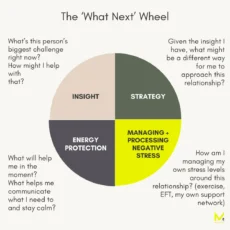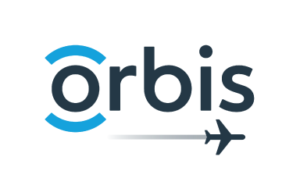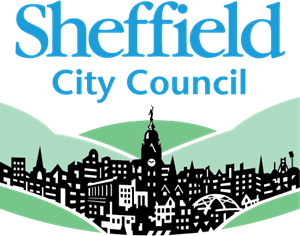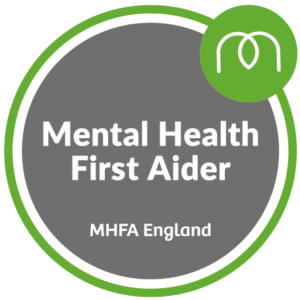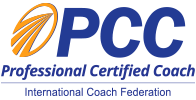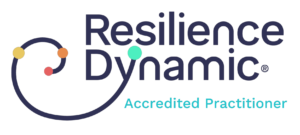How can a simple change in the way you talk to yourself result in a calmer, happier, you?
A word that I hear a lot in, and out of, the coaching room is ‘should’. Whilst there’s a time and place for ‘should’ – I should look left and right before crossing the road, for example, it’s sometimes used in a way that doesn’t serve us well.
So what’s unhelpful about one little word like ‘should’?
For me, it’s often my way of telling myself all the things I need to do. Look at these three statements:
I should clean the house before my parents arrive
I should finish this piece of work before I go to lunch
I should be better at this task by now
What do you notice about them? My first observation is how stressed I feel when I read them. On further reflection I realise they are all presented as fact. There is no choice or possibility in these statements. And sometimes if I am working against a deadline, or incentivising myself to get that sub 30 minute time in the 5K Park Run, that might be useful. But sometimes what ‘should’ does is close the door to possibility.
Look at these three slightly different phrases:
I could clean the house thoroughly before my parents arrive
I could finish this piece of work before I go for lunch
I could be better at this by now
So what’s going on now?
I notice that’s it’s a lot easier to put the word ‘or’ after a ‘could’ sentence. Which opens up possibility.
I could clean the house before my parents arrive, or I could sit down and relax so I’m in a better mood to welcome them (and my mother always finds washing up to do anyway, even if I’m convinced there is nothing to clean.)
I could get this piece of work done by lunch, or I could do that other piece of work, or I could go and chat to my colleague because that’s going to make this afternoon’s meeting run much more smoothly. (I am giving myself control of my working day.)
I could be better at this task by now, so what happened? Did other things get in the way? Could I use more support? What lessons can I learn? Is this task even still relevant to me? (Could is encouraging me to work out what’s really going on.)
I’m not saying either of these are the wrong or right choices, simply that you have a choice.
Should seems to be a way we put undue pressure on ourselves. I should be thin/popular/the best at my job. I should never make mistakes.
Even if we are pretty successful at achieving those things, there will be the odd day we eat our own body weight in doughnuts/someone gets cross with us/we mess up at work, and the more our mind has convinced us of what or whom we ‘should’ be, the more painful those days are going to feel.
What can you do to notice when you use ‘should’?
I find that ‘shoulds’ come in waterfalls, once one leaks out, a torrent normally follows. For me this is when I’m feeling under the weather, or when I have too much on or when I’m under pressure.
Next time you feel a waterfall of ‘shoulds’ welling up, let it happen. Take a pen and some paper and write them all down. Then take a deep breath, maybe take the piece of paper into a different space, a new room of the house or office, and reflect on each of the statements. Which do you want to turn into statements of possibility or choice? Re-write those sentences and practice saying them out loud, or even to an understanding friend.
Practice noticing when an unhelpful ‘should’ leaks out. What else could you do with it, to turn it into something that’s working for you, not against you.
Do let me know how you get on.




